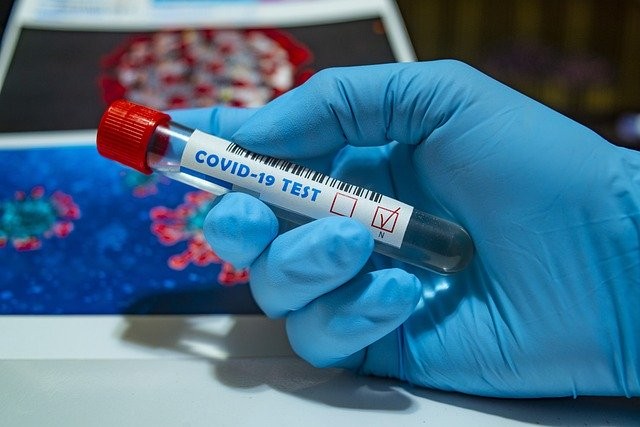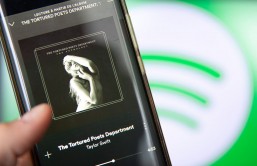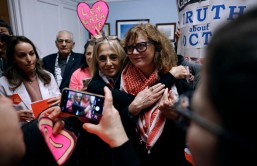
(Photo : Pixabay/fernandozhiminaicela)
Theories about the possible connection of the arrest of a Harvard scientist and two chinese nationals to the novel coronavirus pandemic and allegations that they are chinese spies contnue to circulate online.
Harvard University scientist, Charles Lieber, and two other Chinese nationals were charged by the Department of Justice on January 28, 2020 on three different cases for allegedly lying to the U.S. on their connection with the Chinese government.
The story behind the charges against Dr. Lieber
Dr. Lieber, 60, the chair of Harvard University's Chemistry and Chemical Biology Department lied to both the Department of Defense and the National Institutes of Health about his involvement with Wuhan University of Technology (WUT) and his participation with the "Thousand Talents Plan," in China which is intended to recruit Chinese ex-pats and foreign scientists to China.
Lieber reportedly failed to disclose the amount of money he received from the Chinese Government which includes more than $1.5million to establish a lab at the said university and a monthly salary up to $50,000 and additional living expenses for his work. Based on the charging document, Lieber's contract only demanded him to perform the job functions of an academic scientist, which includes publishing journals, organizing conferences, and advising students.
Read also: China Fears of 'Silent Carriers' Spreading COVID-19
According to Andrew Lelling, one of the prosecutors, the concern for the investigation is not that Lieber was acting as a spy but the possibility that he could be vulnerable to Chinese pressure since the amount of money involved drew their attention and could be considered as a corrupting level of money.
Lieber is a nanoscientist whose specialty is on infinitely small materials on the nanoscale. Recently, his work focused on new ways of using nanowires in cells which does not include biology and virology. Wuhan University Technology also does not appear to conduct studies on viruses, according to the list of projects on the university's website.
Two separate cases also do not have any link to the COVID-19 crisis
The two other cases charged to the two Chinese nationals were not related to the spreading of new coronavirus.
Yangqing Ye, 29, is a student at Boston University from October 2017 to April 2019 who admitted to being a lieutenant in the Chinese army. She reportedly lied about her position to get her visa. She was charged with visa fraud, making false statements, conspiracy, and acting as an agent of a foreign government, Since she has conducted researches on American Military projects and gathered online information of two professors working in the fields of computer security and intelligence robotics.
As with Lieber, Ye does not have expertise in virology and her published research at Boston University's Center for Polymer Studies was about a computational method for analyzing data that is unrelated to viruses.
Chinese national who conducted research on cancer Harvard's Beth Israel Deaconess Medical Center, Zaosong Zheng, 30, attempted to smuggle 21 pieces of vials of biological samples out of the US.
On December 29,2019, Zheng reportedly tried to travel to Beijing with the vials taken from Harvard's Beth Israel Deaconess Medical Center and hid the vials on a sock in his luggage. However, the agents at Boston's Logan airport stopped him. He told the officers that he planned to continue the research on his lab in China, takes credit for the results, and publish under his name.
Zheng was charged with smuggling goods from the US and making false statements to Customs and Boarder Protection Officer.
Beth Israel lab, where Zheng has started his research, focused on basic research about cancer which is not related to the engineering of the new coronavirus.
Related article: Fact Check: Can 5G Networks Really Transmit the Deadly Coronavirus?








